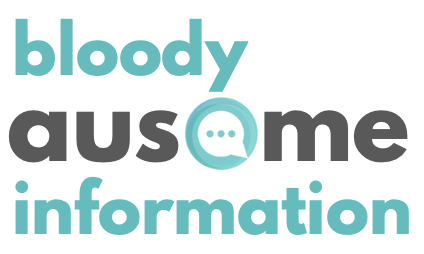Your NDIS Plan Review
When it comes time for your 12 or 24-month plan review, your LAC will call to make a plan review meeting. Your LAC will tell you what you need for this review meeting, but you will need to provide 'supporting evidence' as to why the NDIS will need to continue your child's financial support.
The supporting evidence they're referring to is letters and reports from your child's team of therapists. The more letters and reports you can get, the better.
Make sure you won't be out of pocket for these specialist reports by keeping an eye on your funds to ensure you have enough in your plan for these review reports and/or additional assessments.
Alternatively, when a new plan is approved, allocate or set aside some funds in anticipation of these review reports. Base this amount on the costs of previous reports or your therapist's hourly fee (allocate 2-3 hours), or check with your therapists if they have an NDIS report pricing menu or fee to ensure you set aside adequate funding.
Supporting Evidence for Ongoing Therapy
Your LAC will require supporting evidence and progress reports from your child's team of therapists in how they've gone to meet their goals in their current plan.
It's recommended your therapists highlight goals that have been met as well we reiterate the need for ongoing support to work towards meeting the goals that will be on the next plan.
NDIS Review Q & A's
Speak to your LAC about requesting a 'plan roll over' which means the NDIA will provide the same plan as your current one for an additional 12 or 24 months (you will have enough funding for 24 months, this doesn't mean you have 12 months worth of funding that you need to use over 24 months).
As per June 2021*, you were able to request a plan rollover if you had used less than 50% of the total amount in the current plan.
* Always check with your LAC about this or any other changes as the information can be inconsistent or not widely known amongst the LACs. NDIS policies change often and word of mouth amongst participants is spread far and wide and at super speed.
If you feel you have adequate funding for your child for them to access the services and support they need, then no action needs to be taken.
If the finding in the new has been cut from your previous plan or you won't have enough funding to support your child adequately, you can request your LAC put in a submission to have your plan 'reviewed'. This process can take many months and may require additional 'supporting evidence' and your LAC can and will guide you through this process.
While your plan is going through the review process, you are able to access the funds from the new plan (that you're challenging) to ensure your child doesn't miss out on any therapy, supports or services.
If you don't any a new plan approved by the time the old plan expires, the NDIS will 'roll over' your previous plans' funding to ensure your child is able to access their therapy, supports or services. These funds will be removed once the new plan has been approved.
If a new plan is provided in time (before the previous one expires) anything that remains in the previous won't be rolled over into the new plan. A new plan is a new plan, and an old one is an old one.
However, you have 90 days to claim any services, supports, therapy, consumables etc that you purchased in the previous plan that you've not claimed as yet. For example, if your child had three Psych sessions that you paid for but didn't have a chance to claim as yet, you are still able to claim these appointments in the previous plan period. You won't be able to see the previous plan budget online anymore, but you can still claim this using the dates on the invoice(s) of the services (which fell into the previous plan).
Note: Knowing the details of the previous plan's expenditure, category breakdowns and funds remaining before a new plan is approved will be useful when claiming in the previous plan period, to ensure you have enough funds in the category you're still needing to access.

